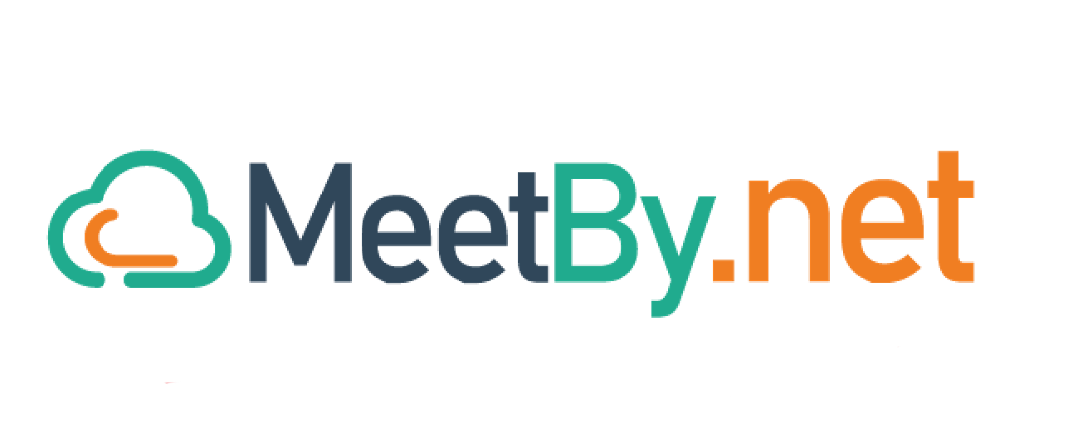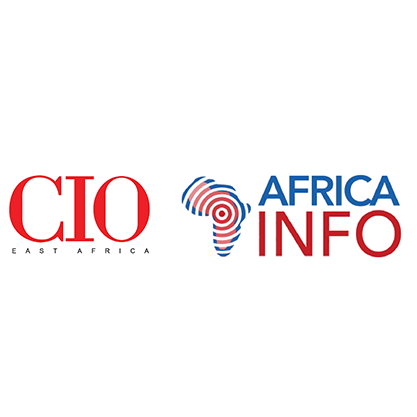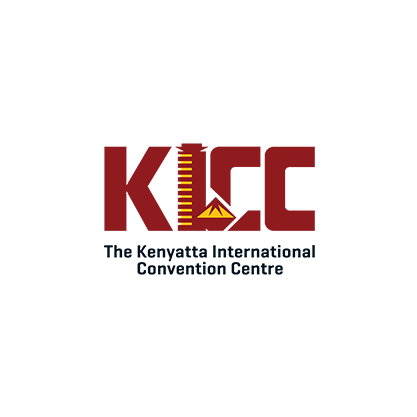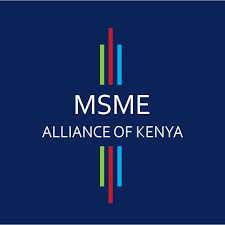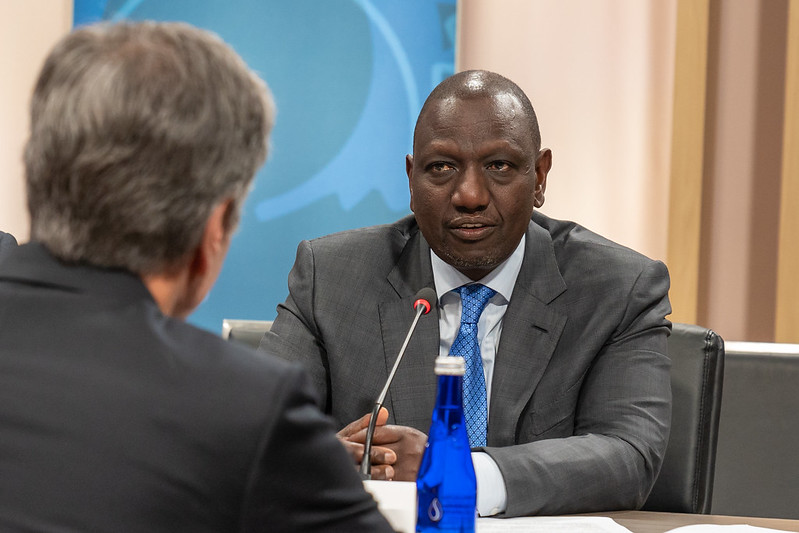
Kenya is in discussions with the World Bank and European Union (EU) to secure financial backing for the Hustler Fund, President Ruto’s flagship economic programme designed to help Kenyans access cheap credit.
The Financial Inclusion Fund, as the programme is formally named, was launched at the end of last year as part of a government effort to rework Kenya’s loan system. In the East African country, purchases tend to be made through digital loans which come with annual interest rates that can be as high as 100% or more. The result is high levels of indebtedness, with around 60% of Kenyans estimated to be unable to pay off their loans. The Hustler Fund, to which the government committed KsH50bn ($396m) this year, works by offering instant loans at a much cheaper annual rate of 8%.
Simon Chelugui, Kenya’s cabinet secretary for co-operatives and micro, small, and medium enterprises development, announced recently that the World Bank could be prepared to offer up to KsH20bn ($129m), with the EU also expressing interest in providing further support.
Muthoni Mutonyi, a financial professional based in Nairobi and former official at the National Bank of Kenya, tells African Business that “by providing additional resources to programmes such as the Hustler Fund, the World Bank would be supporting the Kenyan government’s initiatives to facilitate affordable credit to the nation’s underserved communities.”
The financial backing of international organisations could prove particularly important in the case of the Hustler Fund, as some experts have questioned whether the programme is financially viable or sustainable in the long run. The high cost of running the scheme is a cause for concern in a country that is already heavily indebted and that could be at risk of defaulting on its sovereign debt.
The prospect of high levels of default among consumers is another sizeable risk to which the Fund is exposed. The size of the loans offered by the programme, which start from KSh500, are seen as too small for businesses to make use of. This means that the Fund in its current format is unlikely to stimulate wider business activity or economic growth. Mutonyi says that, should financial backing for the Fund come to pass, it could help address several of these problems.
“World Bank resources could be beneficial for the Kenyan people in a number of ways,” Mutonyi says. “They could help expand the Hustler Fund and make it available to more individuals and businesses. It could become possible to increase the maximum loan amount. It could help to create jobs and boost economic growth.”
More widely, she also believes that “the support of international organisations can help to attract other donors and partners and can also help to increase public confidence in the programme.”
It is perhaps no coincidence that these overtures from the World Bank have come at a time when Western-dominated institutions are facing stiff competition for influence in Africa. The BRICS bloc of emerging economies has recently expanded to include two African countries, Egypt and Ethiopia. At the recent summit in Johannesburg, BRICS leaders emphasised their determination to challenge the dominance of the US dollar and rework the Bretton Woods system.
Mutonyi believes that “while it is difficult to know definitively whether or not the World Bank and EU have a political motive to offer increased support to Kenya,” it is certainly possible “given geopolitical competition in Africa.”
“Africa is a strategically important continent, and both the World Bank and the EU have a vested interest in seeing it develop and prosper. In recent years, there has been increasing geopolitical competition in Africa, with countries like China and Russia also vying for influence,” Mutonyi says. “By offering increased support to Kenya, the World Bank and EU could be trying to counter the influence of these other countries.”






